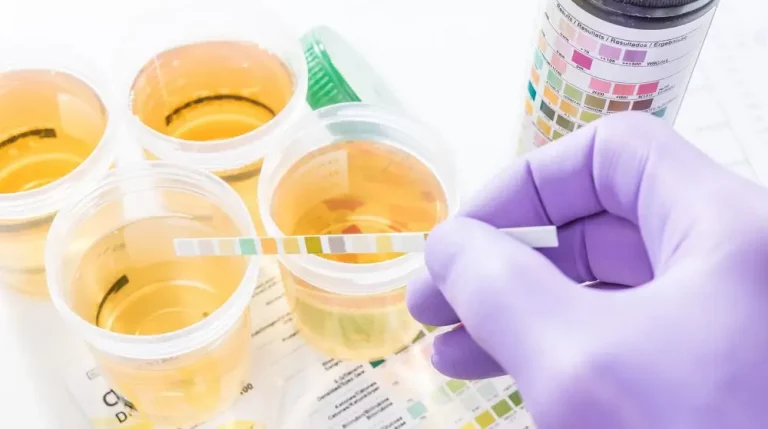A Key Indicator of Kidney Health Introduction: Hematuria, or blood in the urine, can be a concerning symptom for many. While it can be a sign of various health issues, it is often associated with kidney disorders.
Hematuria can be classified as either gross (visible to the naked eye) or microscopic (only detectable under a microscope). Regardless of its visibility, hematuria should always be evaluated by a medical professional to determine its cause.
Signs and Symptoms
Gross hematuria often presents as pink, red, or cola-colored urine due to the presence of red blood cells. On the other hand, microscopic hematuria is usually symptomless and detected during routine urine tests. In some cases, hematuria may be accompanied by other symptoms, such as pain during urination, lower abdominal pain, or unexplained weight loss.
Diagnosis and Treatment
Diagnosing hematuria typically involves a urine test to confirm the presence of red blood cells. Further tests, like a CT Scan, ultrasound, or cystoscopy, may be conducted to identify the underlying cause. The treatment of hematuria is dependent on its cause. If it’s due to a urinary tract infection, antibiotics may be prescribed. If it’s due to kidney stones, medication or surgical procedures may be required. In cases where it’s a sign of kidney disease, treatment may involve medication, lifestyle changes, or even dialysis.
Prevention and Management
While not all causes of hematuria can be prevented, maintaining a healthy lifestyle can help protect your kidneys. This includes staying hydrated, eating a balanced diet, avoiding excessive use of over-the-counter pain relievers, and getting regular exercise. Regular medical check-ups are also crucial for the early detection of any kidney-related issues.
Conclusion
Hematuria, while alarming, is often a symptom of an underlying condition that requires medical attention. If you notice any changes in your urine color or other related symptoms, it’s important to seek medical advice promptly. Remember, early detection and treatment are key to managing kidney health and preventing further complications. Please consult your healthcare provider if you have any concerns about hematuria or kidney health. Your health is important, and understanding these symptoms can be the first step towards maintaining it.



